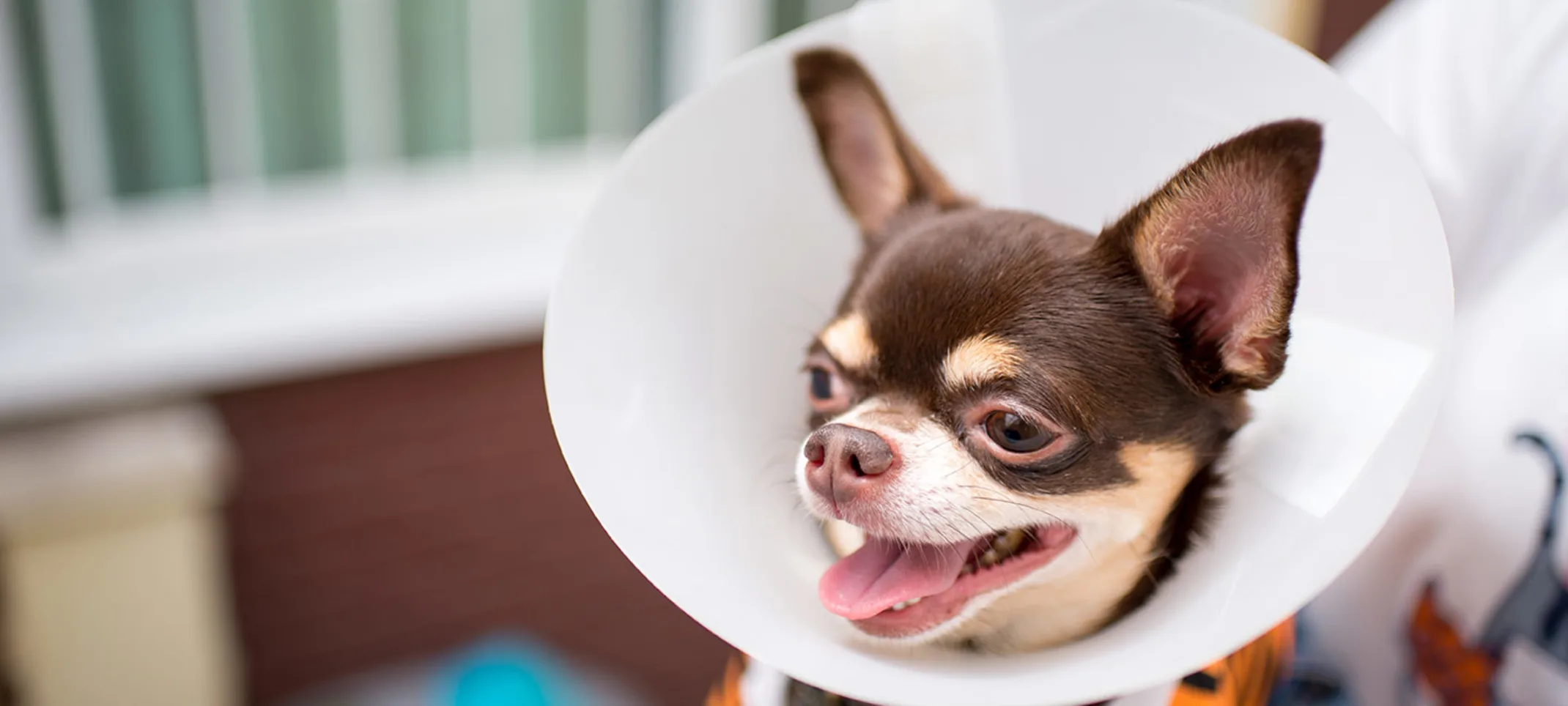Oakwood Animal Hospital
Soft Tissue Surgery
We perform soft tissue surgery for a number of medical reasons. This common surgery can be used for most anything non-joint or bone related.

Overview
Soft tissue surgery is any surgery non-joint or bone related, and can include ear, nose and throat, cardio-thoracic, hepatic, gastrointestinal, urogenital, skin reconstructive and oncological surgeries. If soft tissue surgery is recommended for your pet, we will do everything possible to keep them safe and comfortable before, during, and after the surgery.
Why would my pet need soft tissue surgery?
Veterinary soft tissue surgery is recommended for a variety of reasons. The most common soft tissue surgeries for animals are spay procedures, neuter procedures, hernia repairs, and mass removals. More advanced soft tissue surgeries include cystotomy, abdominal exploratory surgery, and splenectomy.
When would soft tissue surgery be needed?
Soft tissue surgeries are used for a wide array of medical conditions. These include "routine" procedures such as spays and neuters, as well as mass removals, trauma and emergency surgery, wound management and reconstructive procedures.
How do you care for my pet during surgery?
Our veterinarians adhere to the highest level of care standards for all surgical procedures. Our highly skilled doctors place the utmost emphasis on pain management to ensure your pet is safe and comfortable throughout the treatment process. We believe that keeping our patients safe and comfortable before, during and after surgery is of the greatest importance and an essential component of your pet's care.
Surgical Instructions
Surgeries are scheduled weekdays, Monday – Friday.
Drop off will have scheduled times when the surgical appointment is confirmed.
No food after 10 pm the night prior to surgery unless directed otherwise by doctor. Pet may have free access to water.
If your pet is diabetic please inquire with the doctor in advance about special instructions regarding food and insulin administration the day of surgery.
Please allow 15 minutes for the check-in of your patient the morning of surgery, and to complete all pre-surgical paperwork. If someone other than the owner of the patient will be dropping off please make sure that person is authorized to make medical decisions, or call ahead to complete the necessary paperwork via phone.
Occasionally the doctor may deem it necessary to contact the owner regarding medical decisions intra-operatively. Please make sure that correct contact information is provided to the staff at check-in so we may reach you in such an event.
Vaccines Required:
Dogs – Rabies, Distemper, Parvovirus, Leptospirosis, Annual Fecal test, & Heartworm test.
Cats – Rabies, Distemper & Annual Fecal test
Post Surgery
After surgery, our technicians will monitor the patient until it is fully awake. After the pet is conscious and has been examined, the veterinarian or a technician will call to let the owner know the patient is ready to be discharged and go home. In most cases, a pet will be discharged on the same day after the surgery, but in some cases, such as for orthopedic surgeries or advanced procedures, the veterinarian will recommend that the pet be hospitalized for a period of time for additional monitoring.
Cost of Surgical Procedures
The costs associated with surgery vary widely depending on the type of procedure and the pet’s age, size, and general health. Our hospital is happy to provide a written estimate of costs before any procedure upon request.
